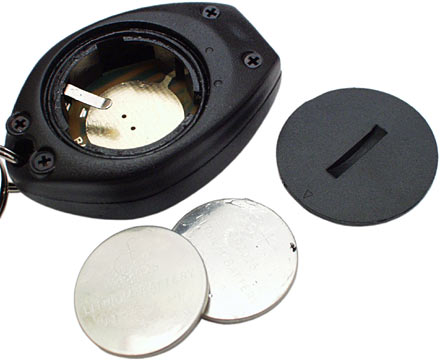In some towns outside of Tokyo you can use them in the buses. Look for those buses where you get a numbered ticket when you come in and deposit money into the machine based on your ticket number when you come out. Most of those don't care for the type of coin you use, so you can dump all your one yen coins there. Just make sure you count them beforehand so that you have the right amount for the fare.
Edit: Since it seems that some wouldn't believe this, here is a quote from Kyushu Sanko bus company website:
「Q.運賃は1円玉や五円玉が入っていてもいいのでしょうか?」
「A.1円・5円硬貨を混ぜてのお取扱いが出来ます。しかし、運賃箱の「詰まり」の原因にもなりかねませんので、硬貨のご使用は20枚程度を目安にお願い致します。」
Q. Can I use 1 yen and 5 yen coins to pay the fare?
A. We can handle metallic currency that includes 1 and 5 yen coins. However, please aim at using no more than 20 coins at once, since it may cause the fare box to get stuck.
Source: http://www.kyusanko.co.jp/g_others/qa.php
Similar source for Entetsu Bus:
「バスで運賃を払う時に、1円玉や5円玉で支払ってもだいじょうぶ?」
"Is it possible to pay the bus fare with 1 and 5 yen coins?"
「お支払いただけます。」
"Yes / We humbly accept your payment in such way"
Source: http://entetsubus.lekumo.biz/faq/2006/11/a4_15_e1ac.html
My experience is that most local buses that have that kind of system are able to process one and five yen coins. I guess that it is because they function on an honour basis. That is, the machine is not actually counting the coins, so it can take anything.

